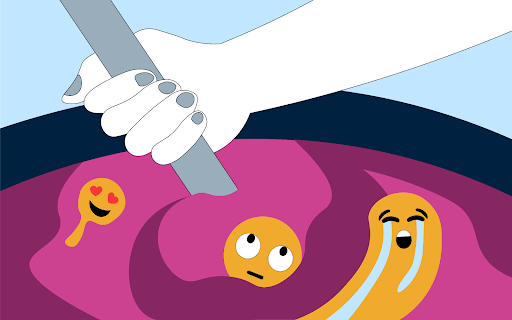On Monday, March 10, Governor Eliot Spitzer addressed reporters to confess of an undisclosed act of indiscretion. That same day, the New York Times had published a story implicating the governor in connection to a prostitution ring. The article referred to a federal affidavit that contained a number of phone calls and e-mails from an escort service that spoke about a particular client. This client, according to the Times’ source, was Governor Spitzer. Yet, when Spitzer spoke to the press, he gave no details as to the nature of his indiscretion and refused to answer any questions.
Before running for governor, Spitzer had made a name for himself as a tough prosecutor during his eight years as New York Attorney General. His main focus was public corruption cases, which included the prosecution of a number of prostitution rings.
Fortunately for him, hypocrisy is not a criminal offense.
Clearly, what Spitzer did was morally reprehensible, but that’s just it. His error was in the region of morality, not politics, which is a private matter that he and his family have to deal with. If he is brought up on charges for his involvement with the prostitution ring, that too would be a private matter. His position should only come into the issue if his transgression becomes a hindrance to his carrying out the duties of governor.
However, the bigger issue here is not so much what he did wrong, but what it means for those around him. The break of this story is equal parts political weapon (he is one of Hillary Clinton’s superdelegates, you know) and a result of the media’s love for scandal (and its use in selling newspapers). Speaking of the name Clinton, former President Bill Clinton was also implicated in an embarrassing sex scandal. Did this bring about the end of his presidency? The answer is obviously no.
This brings up a very important point. While scandal is definitely something that piques the interest of many Americans, it does not always mean certain doom for a politician who gets wrapped up in one. Or, at least, it is not certain doom for someone already in office. The smallest fault could destroy a political campaign, which is why the sudden publicity of this scandal may be targeted just as much at Hillary Clinton as it is at Spitzer.
Returning to the Clinton analogy, former President Clinton was not forced out of office, nor did he resign. He finished his term and moved out of the public eye for a while. Now he is once again a popular political figure, and is currently helping his wife campaign for president herself. If scandals were such a killer of political careers, how could a man like Bill Clinton still be involved in politics at all?
There is one clear distinction between Clinton and Spitzer, however. Clinton never did anything illegal. Wrong, certainly, but not against the law. Prostitution, on the other hand, is indeed illegal in the United States.
This scandal may have legal implications, which could make all the difference.
Governor Spitzer could just lay low and hope for the bad press to blow over, but that is only if he can avoid prosecution. Otherwise, this scandal could spell the end of Spitzer’s political aspirations.
















